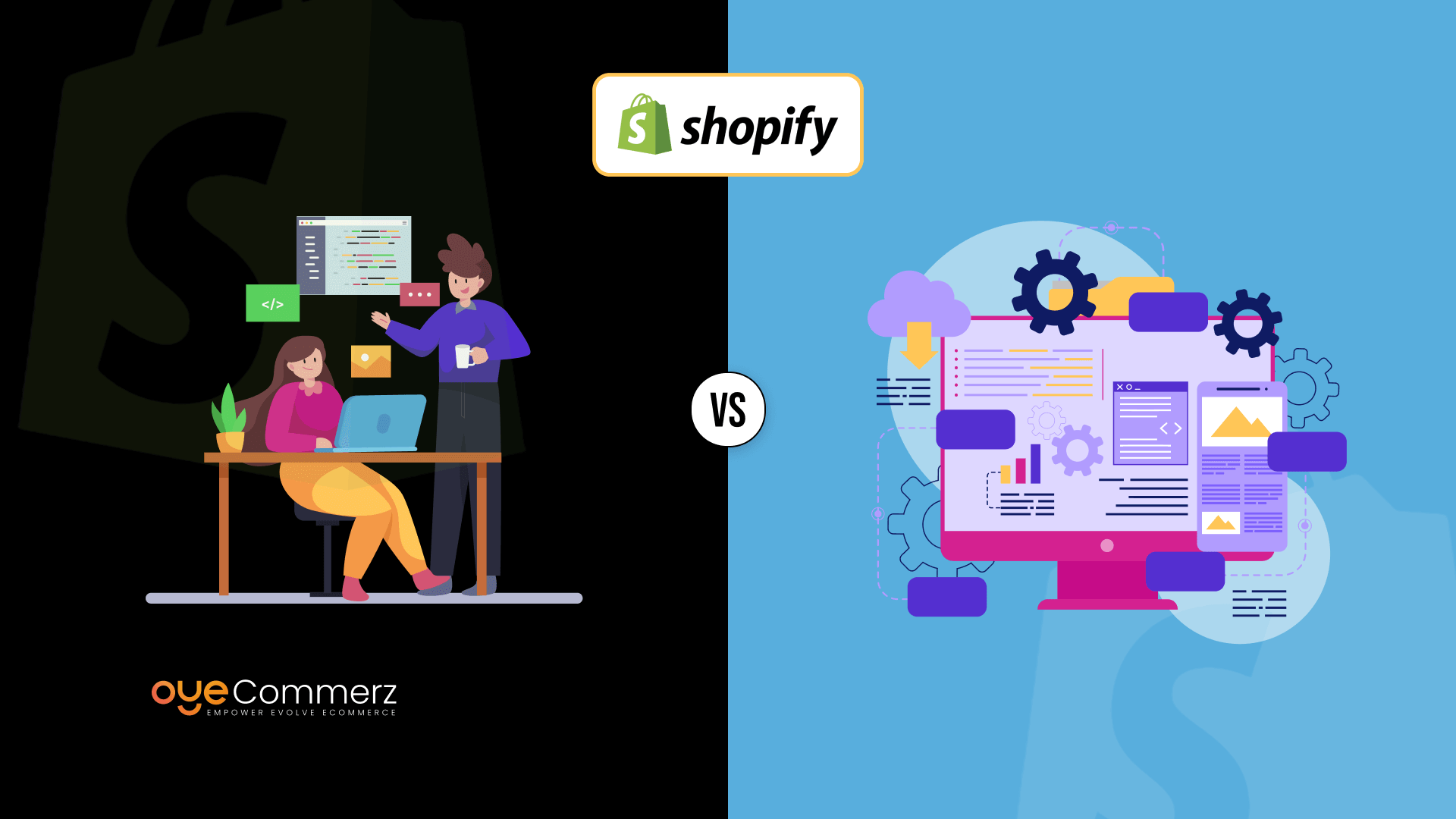Introduction
In the current competitive e-commerce environment, standing out is essential, and a top method to differentiate a Shopify store is through tailored app creation. A robust Shopify app can enhance store functionality, streamline operations, and elevate customer engagement. This article delves into key elements of Shopify app development, covering API integration and app ecosystem to growth techniques and digital marketing approaches, offering a roadmap for businesses looking for unmatched store efficiency.
The Importance of Shopify API Integration
Shopify’s API provides powerful tools to customize and expand store capabilities. With GraphQL and REST APIs, developers can retrieve information to create apps that manage inventory control, order handling, and customer information management seamlessly. Integrating Shopify’s API can enable improved workflow automation and allows stores to assist shoppers more efficiently.
Utilizing the Polaris Design System
Shopify’s Polaris is Shopify's set of design guidelines for designing user-friendly and accessible Shopify apps. By adhering to Polaris guidelines, developers ensure that apps seamlessly integrate within the Shopify Admin experience. This provides a cohesive look and feel that resonates with Shopify merchants, promoting usability and comfort for merchants utilizing your tailored app.
Understanding the Shopify App Ecosystem
The Shopify app ecosystem provides numerous opportunities for improving e-commerce sites. From managing fulfillment processes to boosting customer interaction, apps in this ecosystem are tailored to meet various business needs. Familiarizing with this system helps developers in identifying unique app ideas and allows for smooth connections of external tools that enhance the store.
Building Embedded Shopify Apps
Embedded apps integrate directly within the Shopify Admin, providing a E-commerce customer loyalty tools smooth interface for merchants. They ensure that merchants do not need to navigate away from their Shopify dashboard, simplifying their process. Employing Shopify App Bridge and embedded app features is a best practice for providing a unified, integrated user environment.
Using Node.js and React for Shopify Apps
Node.js and React have emerged as ideal tools for Shopify app development. This server-side framework enables high-performance back-end services, while React enables dynamic, responsive front-end design. Combined, they offer an strong framework for building fast, growth-ready Shopify apps that enhance store performance and customer engagement.
Webhooks in Shopify Apps
Webhooks allow real-time data synchronization between Shopify and an external app. They trigger events such as order creation or inventory updates and send instant notifications to your app. By utilizing webhooks, apps can provide up-to-date insights for store owners, streamlining workflows and increasing productivity.
Customer Engagement and Digital Marketing for Shopify Apps
To ensure Shopify app success, connecting with users is crucial. Using online marketing techniques like SEO, email marketing, and social media campaigns can increase app usage. Additionally, designing apps with customer engagement in mind Leverage Shopify APIs (e.g., loyalty programs or personalized suggestions) boosts user loyalty and loyalty.
Scaling Your Shopify App
As e-commerce businesses grow, so do their technology requirements. Ensuring that your app can manage increased traffic, larger data sets, and more complex functionalities is critical. By optimizing server resources and implementing scalable solutions, you can develop apps that expand in parallel to a store’s growth.
Important Features and Maintenance Tips for Shopify Apps
For an app to be useful, it should offer key capabilities like user authentication, dashboard analytics, and support channels. Ongoing app upkeep, including updates to fix bugs and compatibility checks with new Shopify features, is vital to ensure continuous operation and avoid interruptions to merchant workflows.
Conclusion
Custom Shopify app development offers immense opportunities for e-commerce businesses, providing the ability to enhance performance, simplify operations, and build customer relationships. With API integrations and Node.js to ensuring scalability and customer engagement, building a Shopify app requires thoughtful preparation and well-planned actions. If you’re ready to unlock your store’s full potential, a custom Shopify app may be the ideal choice. What features do you envision for your dream application? Share your thoughts and take the first step toward an optimized e-commerce journey!
